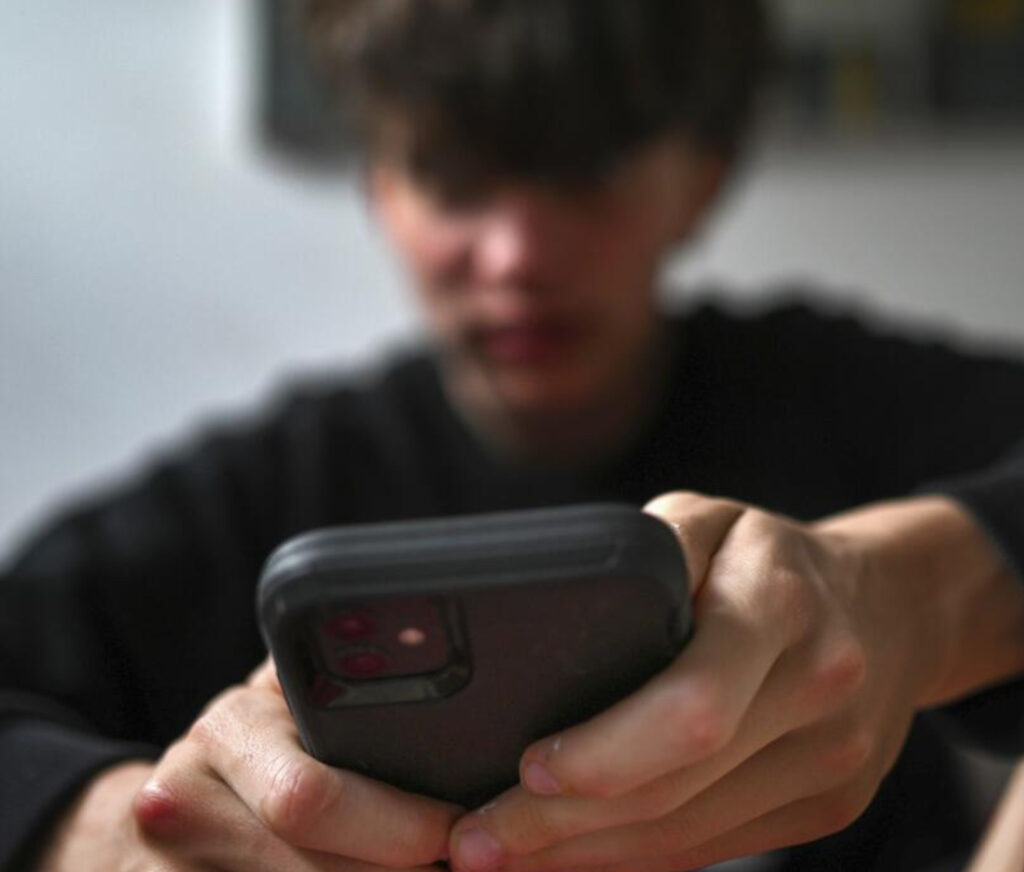Senator John Kennedy recently expressed his support for banning cellphones in schools, citing a combination of scientific research and misinformation to bolster his argument. While Kennedy accurately referenced evidence linking social media use to depression, he also made an unfounded claim that cellphones increase the risk of cancer.
Social Media and Depression
Kennedy’s concern over the connection between social media use and depression is well-founded. Several studies have shown that excessive social media use can contribute to poor mental health outcomes, including anxiety, depression, and low self-esteem. By highlighting these links, Kennedy raises awareness about the importance of moderating students’ exposure to digital platforms in educational settings.
The Misinformation on Cellphone Radiation and Cancer Risk
However, Kennedy’s claim that cellphones increase the risk of cancer is unsupported by scientific research. Multiple large-scale studies, including the World Health Organization’s International EMF Project and the National Cancer Institute’s SEER Cancer Incidence Database, have found no conclusive evidence of a link between cellphone radiation and cancer.
While cellphones emit non-ionizing radiation, which has the potential to heat human tissue, the energy levels are not strong enough to damage DNA directly. The International Commission on Non-Ionizing Radiation Protection (ICNIRP) maintains that exposure to this form of radiation does not cause detrimental health effects, provided the power levels remain below their recommended limits.
Balancing Benefits and Risks in Education
The topic of cellphone use in schools is a complex issue, necessitating careful consideration of both potential benefits and risks. While concerns about social media use and mental health are valid, cellphones can also provide opportunities for enhanced learning experiences, promoting engagement and collaboration in the classroom.
Striking a balance between these factors is essential when debating the role of technology in educational environments. By separating fact from misinformation, educators, policymakers, and parents can make informed decisions that prioritize the well-being and development of students.
While Senator Kennedy raises legitimate concerns over social media use and mental health, his endorsement of cellphone bans in schools is marred by the propagation of a scientifically unfounded claim linking cellphones to cancer risk. As discussions about technology’s role in education continue, it is crucial to draw on accurate information to ensure that the best interests of students remain at the forefront.
No comments yet.








